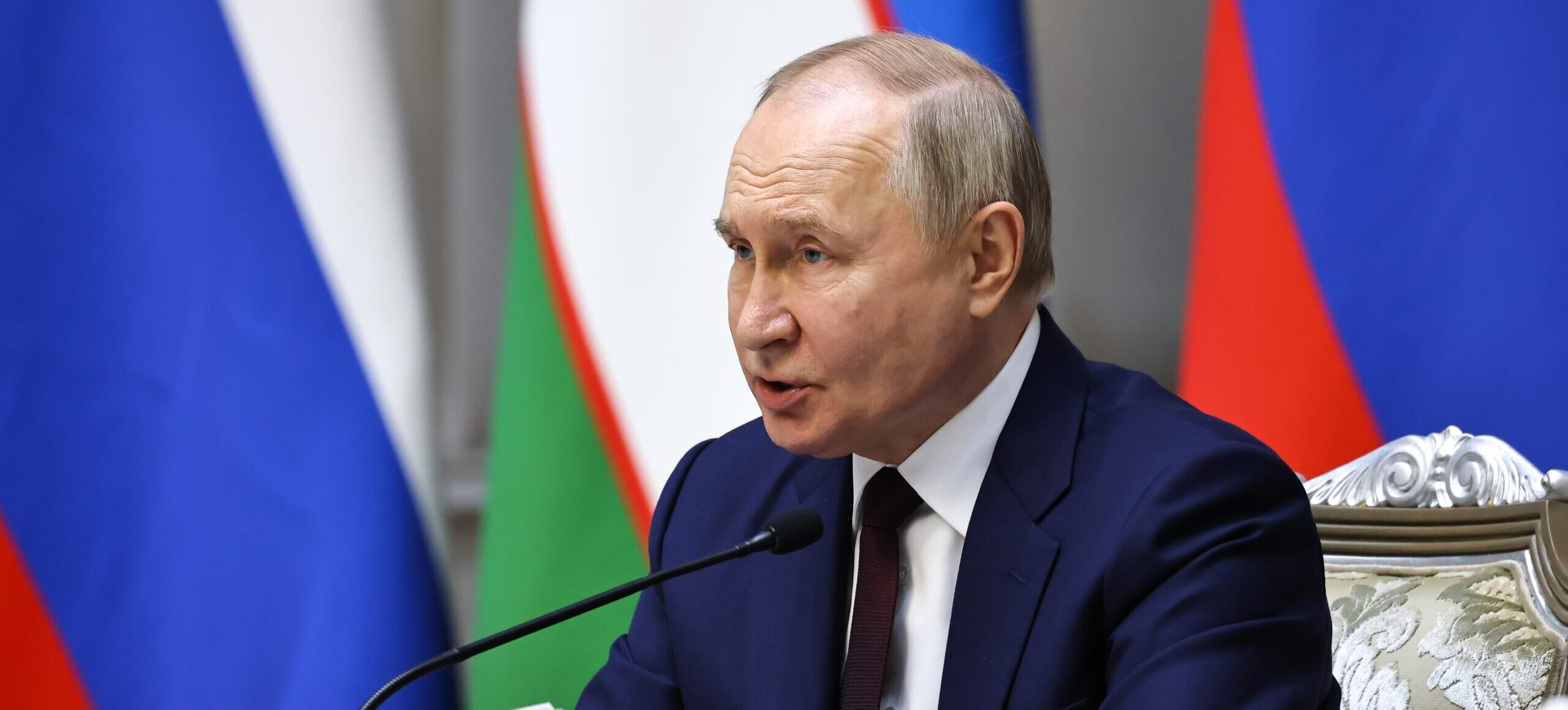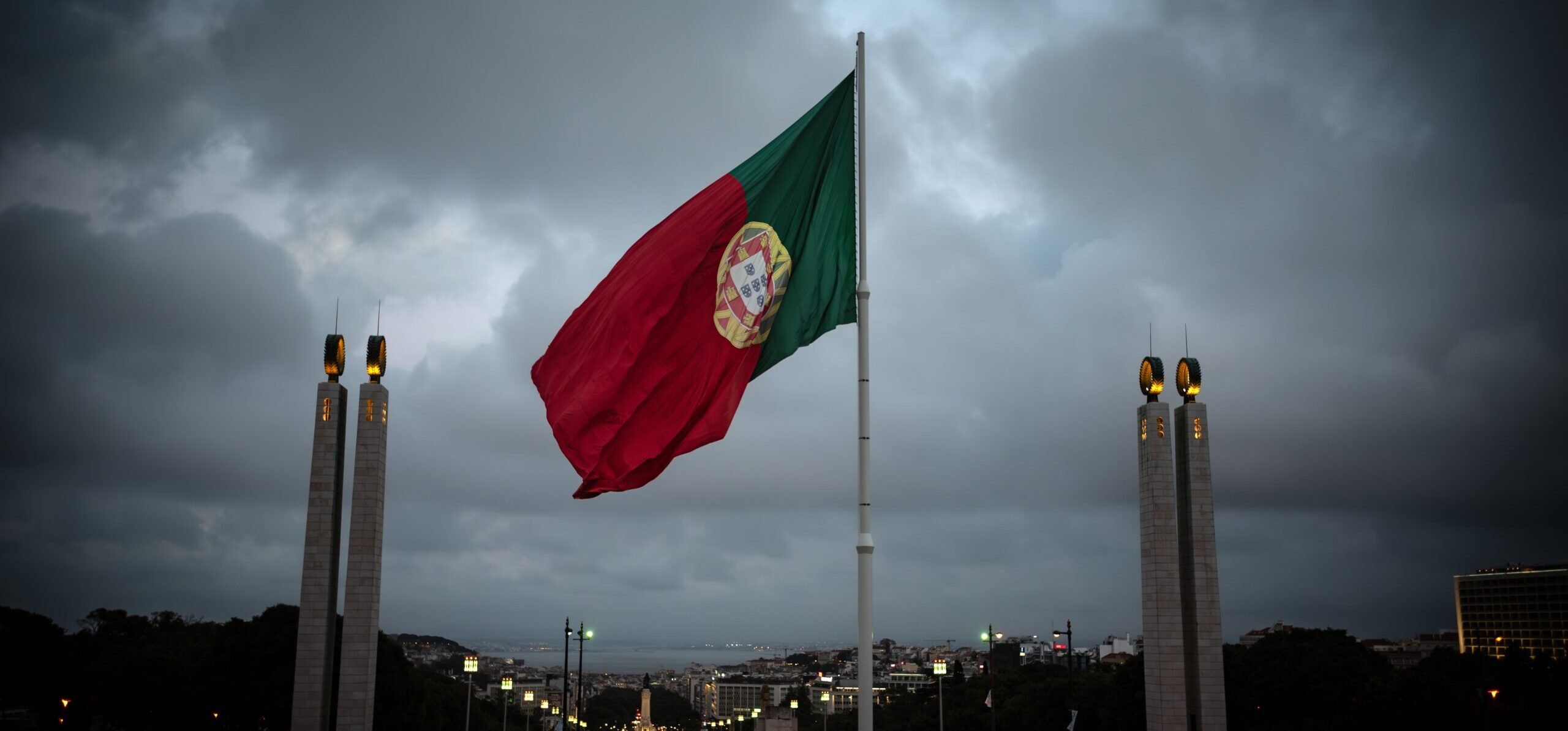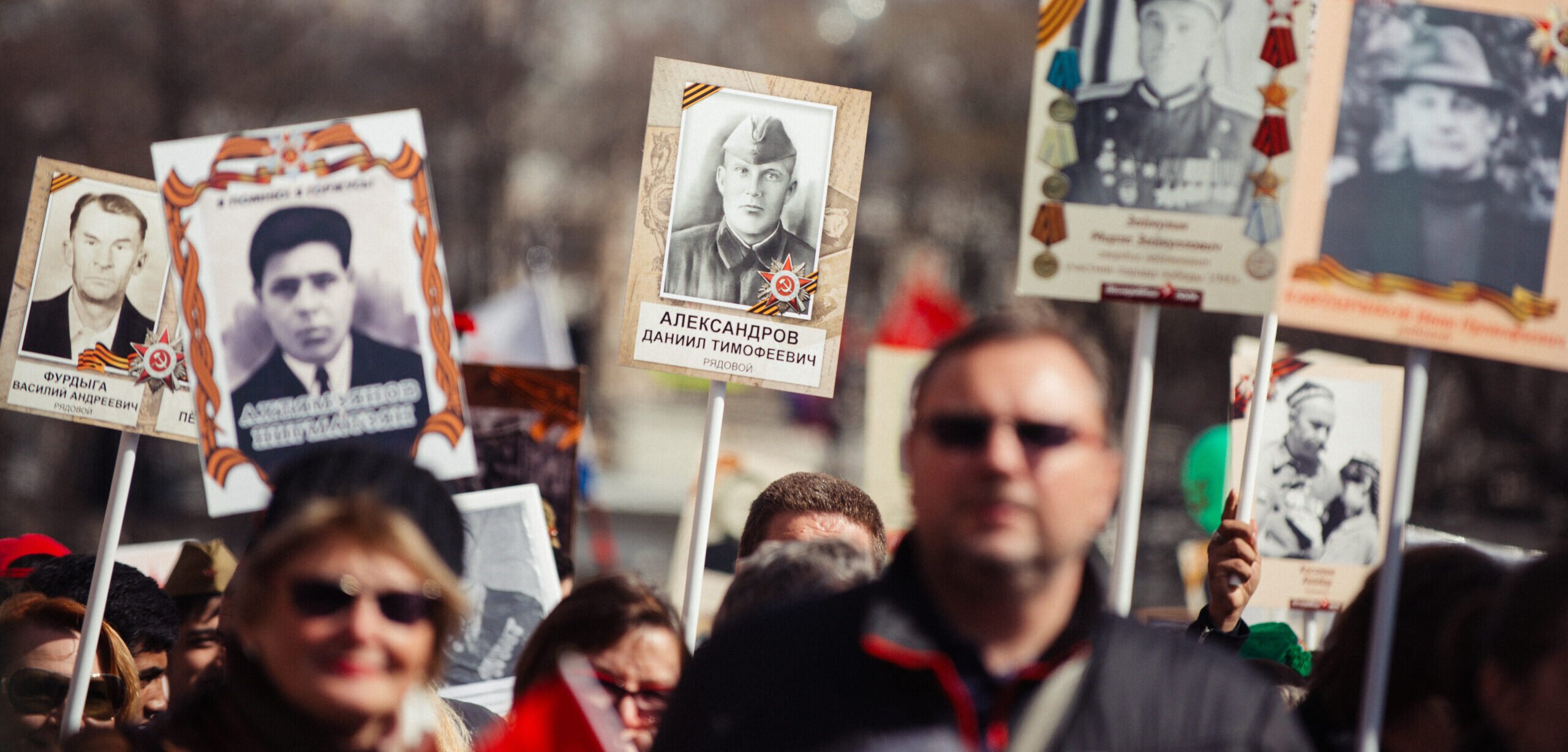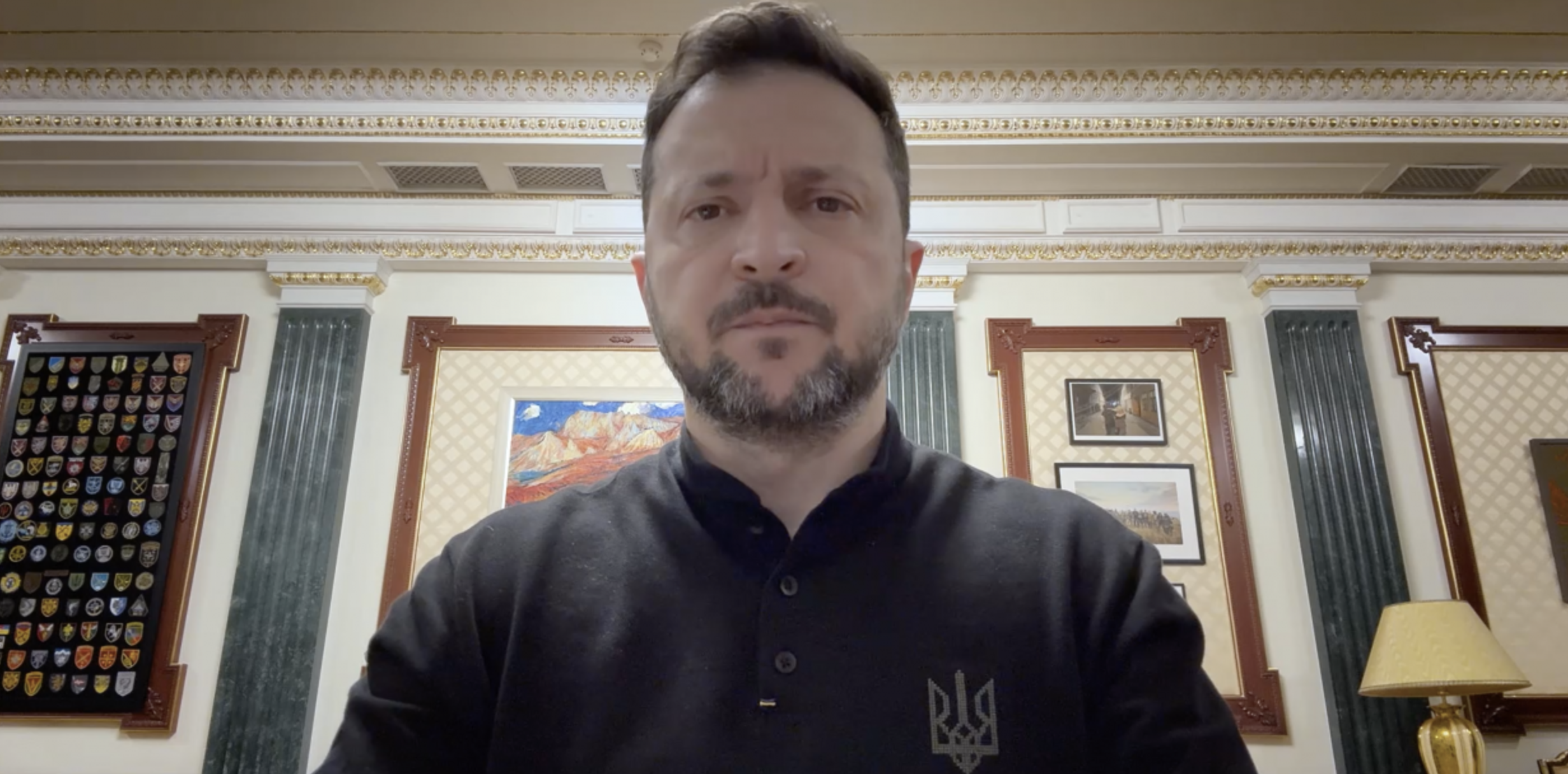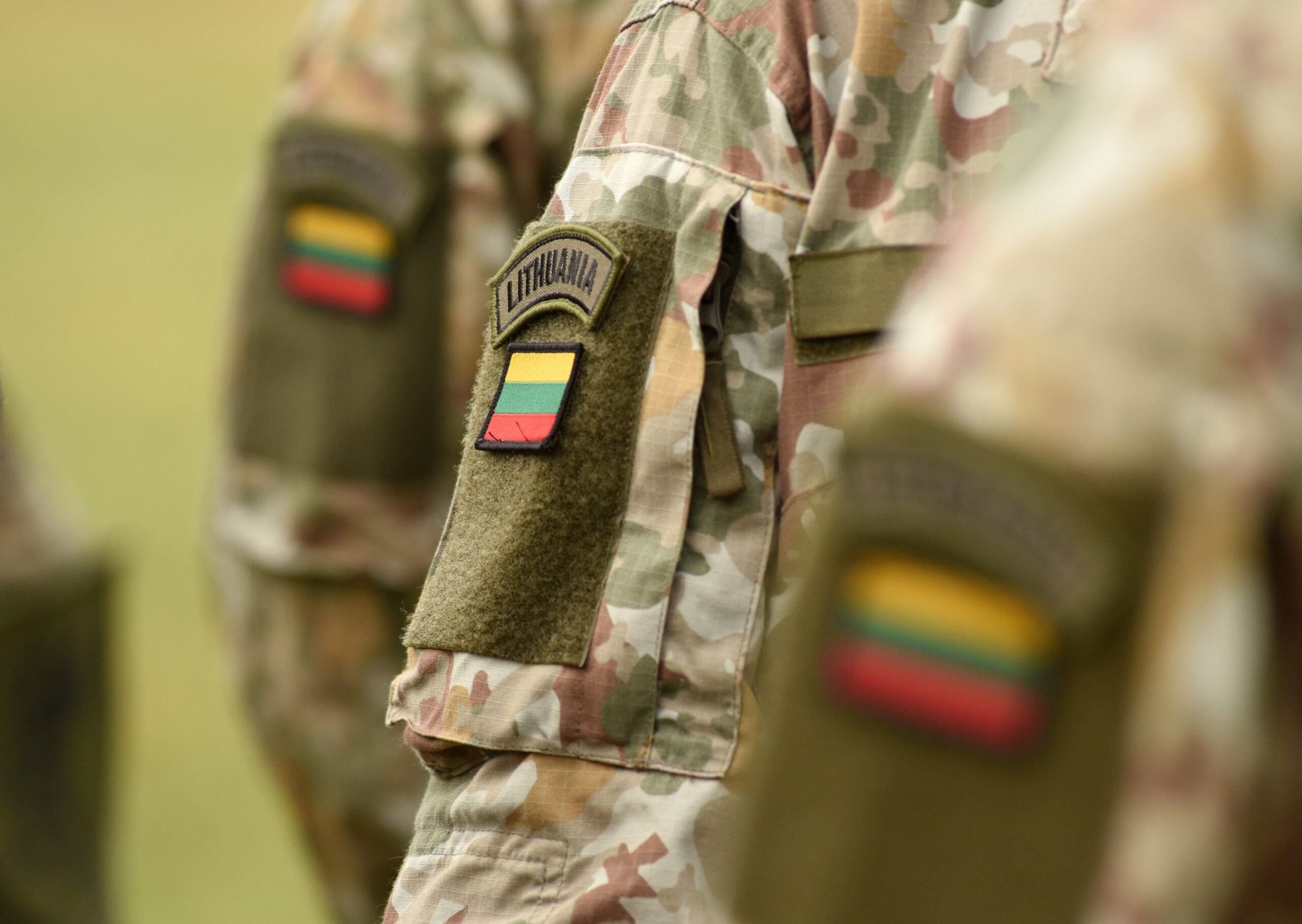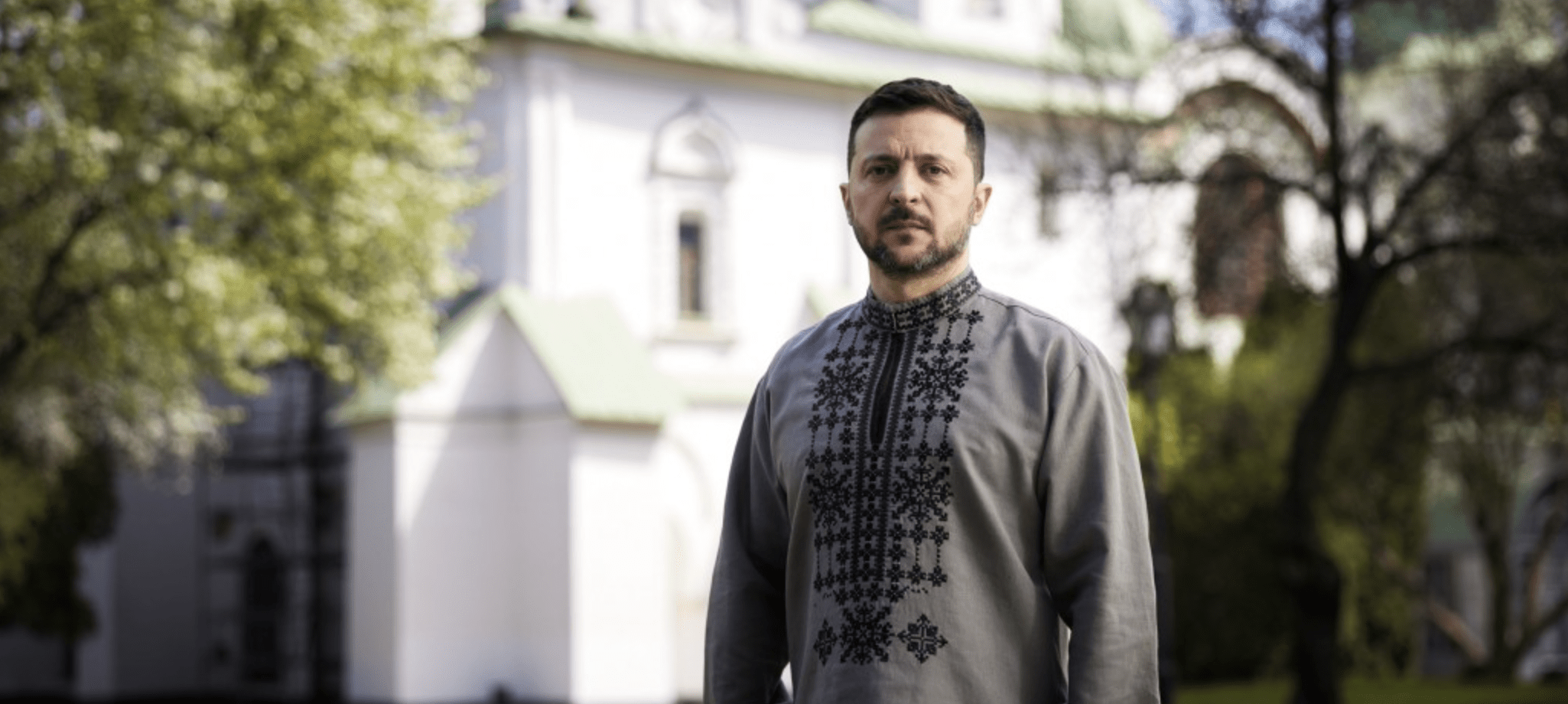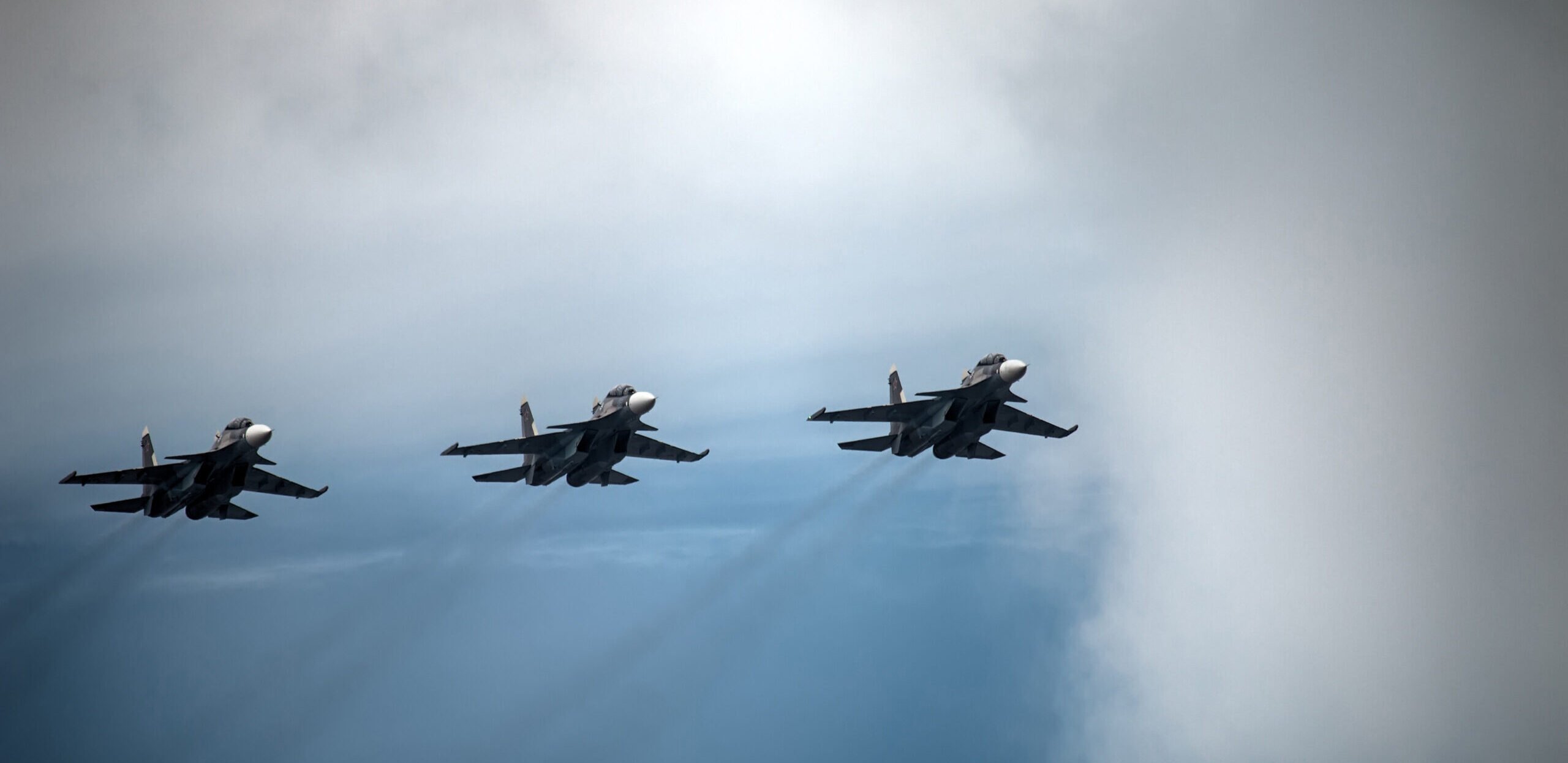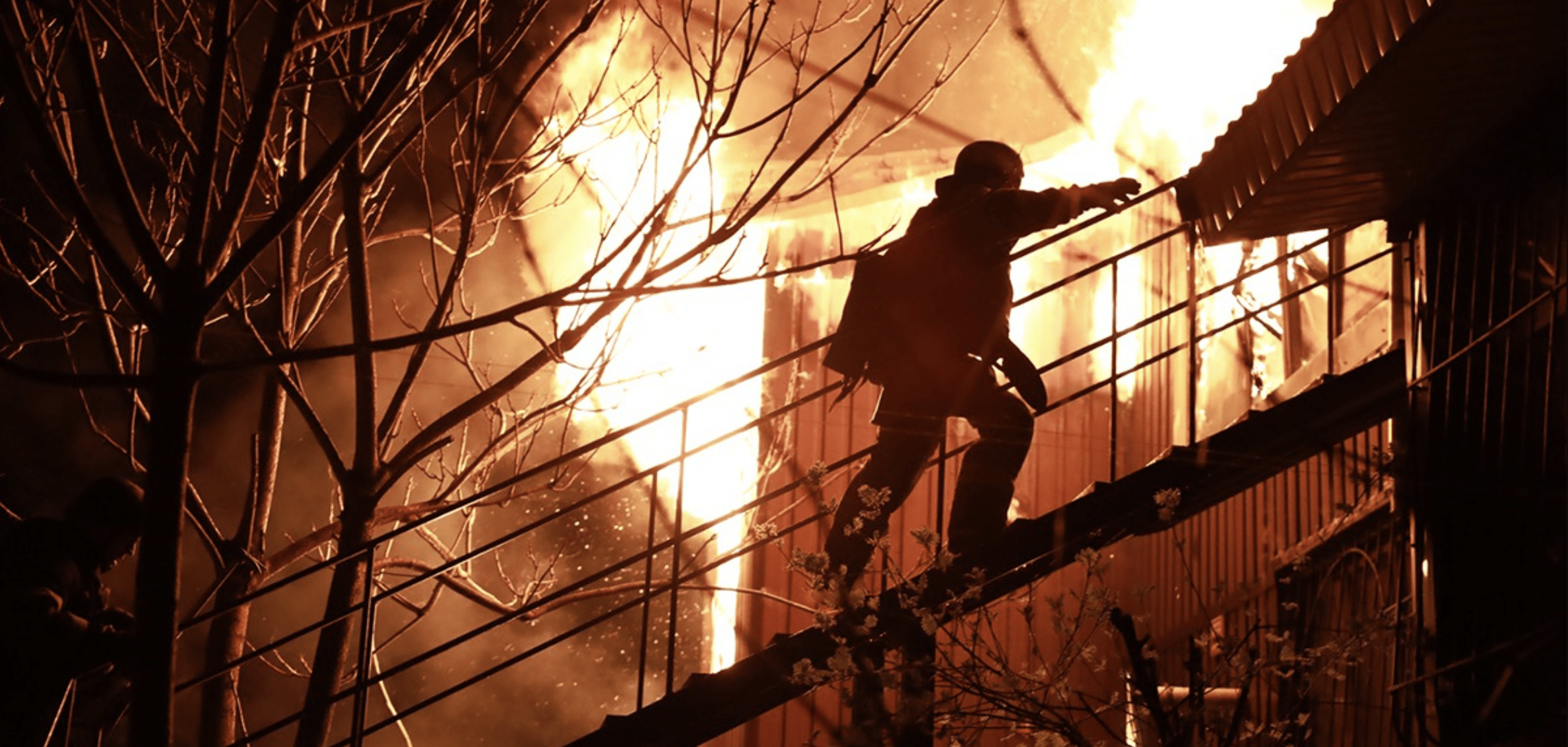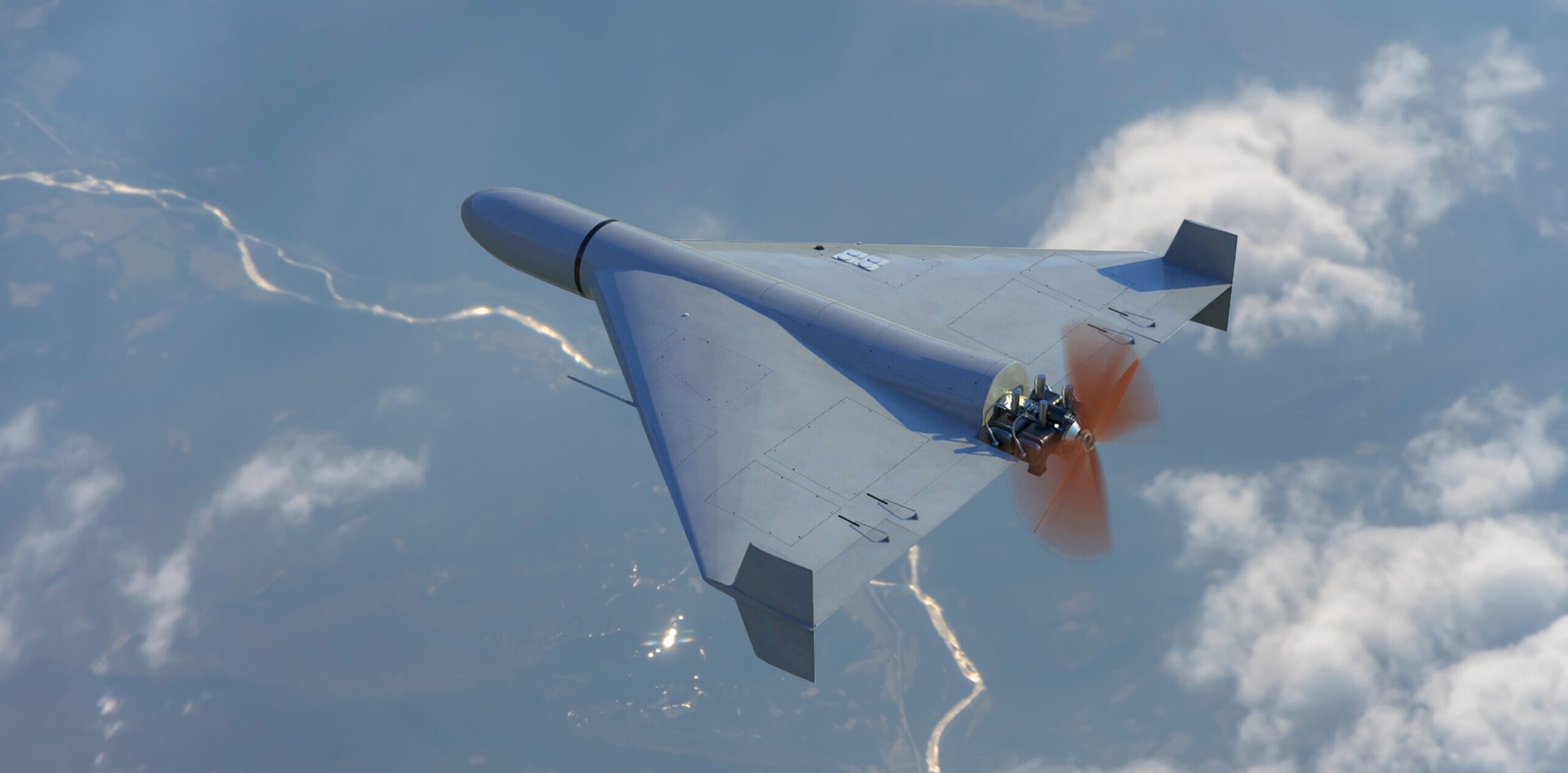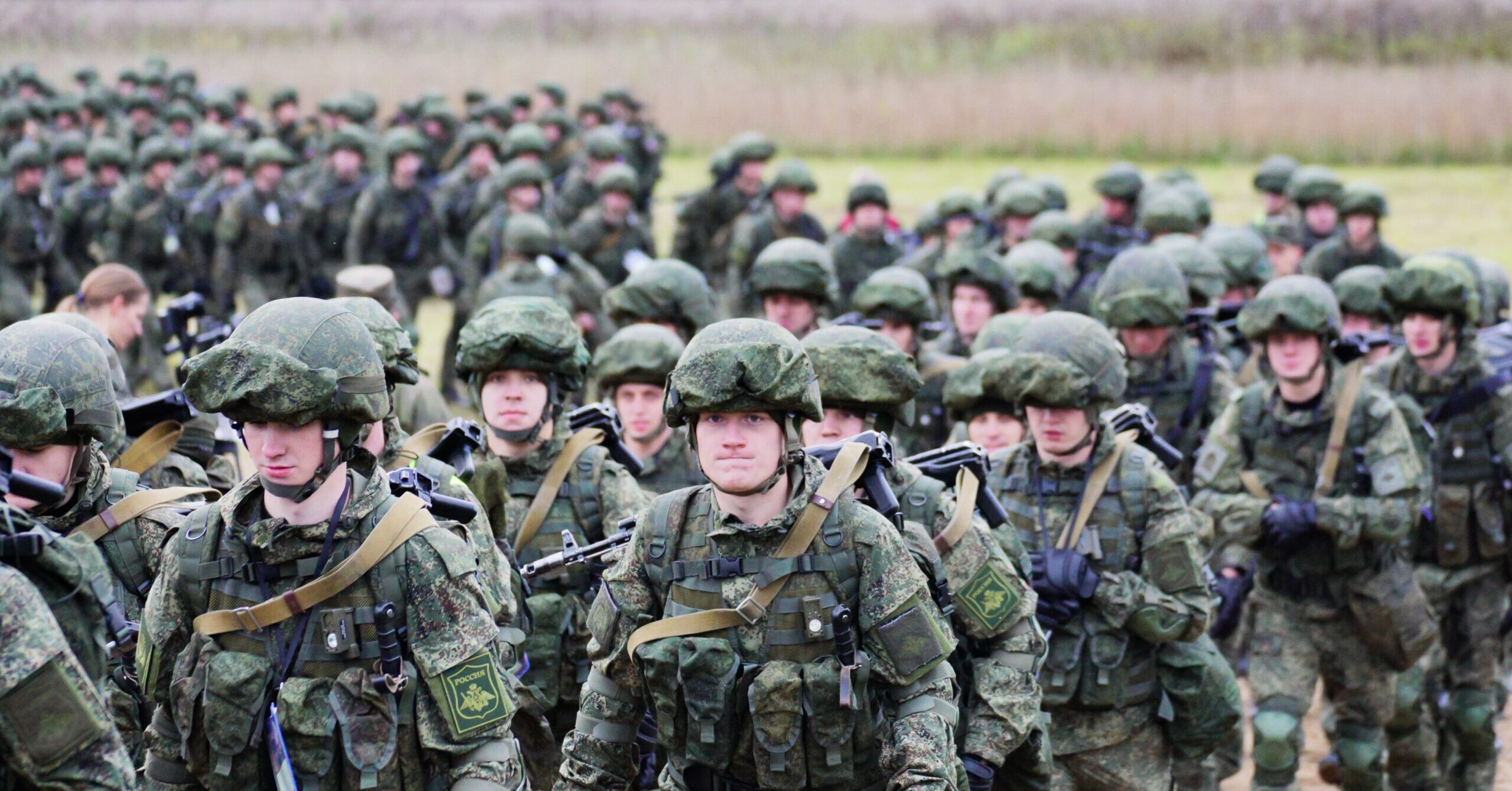
Russian authorities are preparing the public for a potential long-term conflict with NATO, according to analysts from the Washington-based Institute for the Study of War (ISW).
The Kremlin is reworking narratives previously used to justify Russia’s invasion of Ukraine, aiming to further militarize Russian society over the long term.
“Likely in preparation for a potential future protracted conflict with NATO,” the report reads.
Russian state journalist Pavel Zarubin on April 20 asked Russian Foreign Affairs Minister Sergey Lavrov about the European Union’s recommendation to European leaders to refrain from attending Russia’s May 9 parade in Moscow that will commemorate Victory in Europe day in World War II.
Lavrov accused the EU of stoking “neo-Nazi ideology” in Europe and vowed that Russia would do everything in its power to eliminate “Nazism.”
The minister’s remarks are part of ongoing efforts by the Kremlin to highlight the Soviet Union’s role in the victory over Nazi Germany, as well as to promote myths surrounding what Russia calls, “Great Patriotic War,” while disparaging Europe and NATO, ISW analysts say.
“These efforts aim to exacerbate negative sentiments among Russia’s population and drum up support for the militarization of Russian society in the long term,” the report reads.
Kremlin ruler Vladimir Putin and other high-ranking officials often use the term “denazification” to call for a change in Ukraine’s government and the establishment of a pro-Russian regime.
Putin’s claim that “Nazis” control the Ukrainian government was used as a justification for the full-scale invasion of Ukraine in February 2022.
“The Kremlin is increasingly employing the same playbook that it used against Ukraine towards Finland and former Soviet states, including Estonia and Moldova to justify its attempts to control independent countries and set informational conditions for possible future Russian aggression,” the report reads.
Cover: Shutterstock
